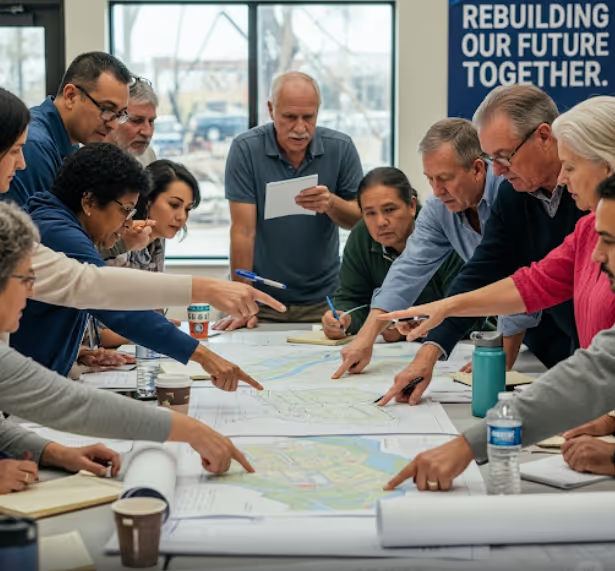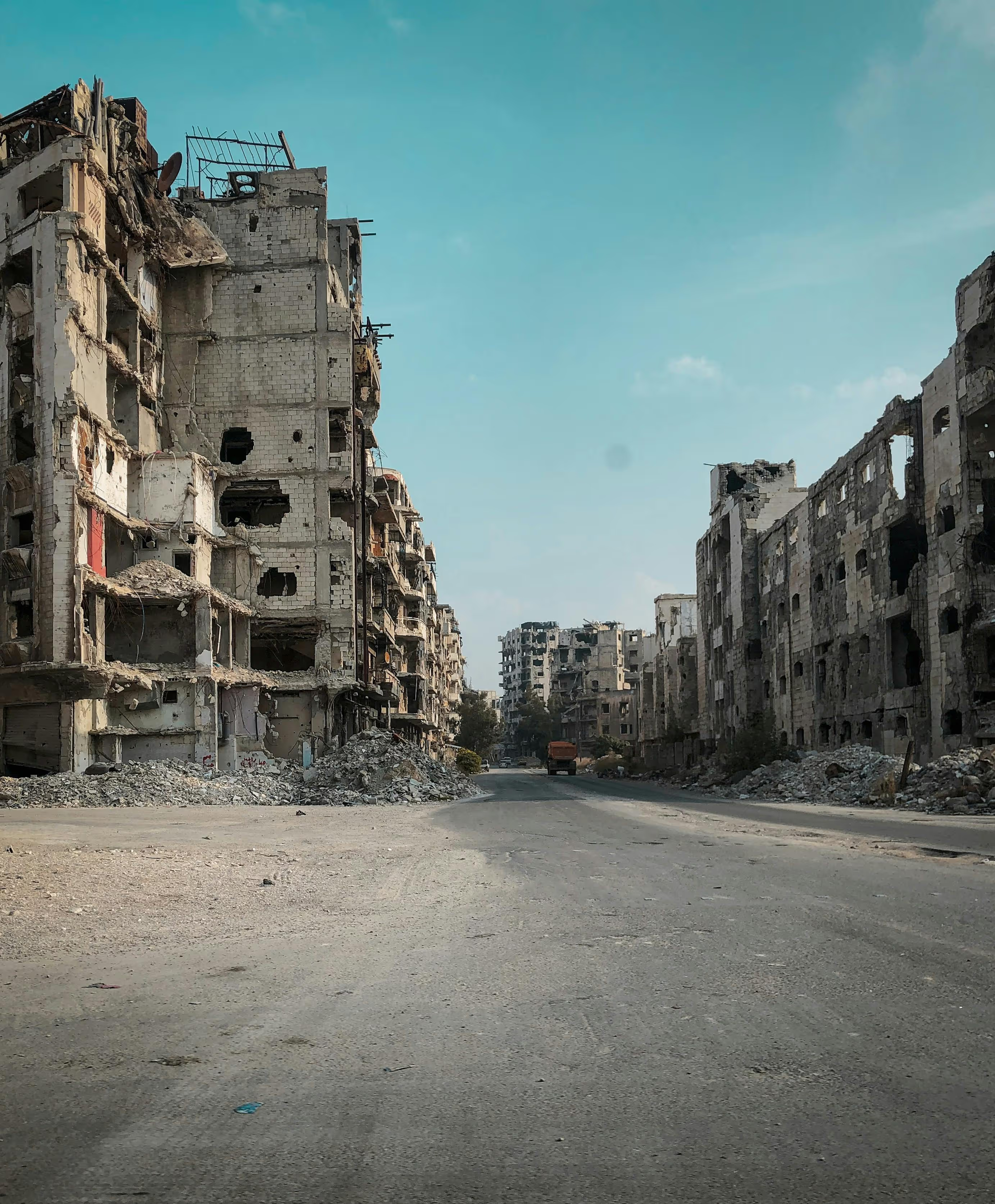Engaging local communities in reconstruction plans is crucial for ensuring the effectiveness and success of these efforts in areas affected by conflicts or disasters. UN agencies emphasize that integrating the voices of local people into the planning and decision-making process, through a participatory approach, ensures that projects meet the actual priorities and specific needs on the ground.
Importance and Objectives:
- Promoting Local Ownership: When local communities are involved in the planning process, they develop a sense of ownership over reconstruction projects, which increases their chances of long-term success and sustainability. This approach ensures that reconstruction efforts are more effective and aligned with the needs of the population.
- Meeting Real Needs: Local communities often have a deep understanding of their needs and priorities, which may not be apparent to external planners. By involving them, projects can be designed to directly address these needs, such as providing adequate shelter or repairing water and electricity networks.
- Building Trust and Social Cohesion: Effective participation fosters trust between communities and the authorities or organizations working on reconstruction. It also contributes to rebuilding social cohesion, which is often damaged during periods of conflict or disaster.
- Achieving Efficiency and Appropriateness: Projects designed with community participation are more efficient and appropriate for the local environment, as waste of resources is avoided, and maximum benefit is derived from local expertise and knowledge.
Implementation Mechanisms:
To achieve effective community engagement, several mechanisms can be adopted:
- Community Consultations: Organizing regular meetings and workshops with community representatives, including women, youth, and vulnerable groups, to gather their opinions and suggestions on reconstruction plans.
- Joint Working Groups: Forming committees or working groups that include community representatives alongside experts and officials, to participate in planning, implementation, and monitoring processes.
- Transparency and Information Sharing: Providing clear and simplified information about planned projects, budgets, and timelines, to ensure community understanding and informed participation.
- Local Capacity Building: Training community members in the necessary skills for effective participation, such as planning, project management, and monitoring, which enables them to play a greater role in the reconstruction process.
Challenges and Considerations:
Despite the importance of community engagement, there are challenges that may face this process:
- Fair Representation: Ensuring fair representation of all segments of society, especially marginalized or vulnerable groups, to avoid excluding any group.
- Conflict of Interests: Addressing any potential conflicts of interest among different groups within the community.
- Resources and Time: The process of effective engagement requires sufficient financial, human, and time resources to achieve its objectives.
- Institutional Capacities: Governmental institutions and partner organizations must be capable of adopting and implementing a participatory approach effectively.
In conclusion, community engagement in planning and decision-making is a cornerstone of any successful and sustainable reconstruction process. By empowering local people and leveraging their knowledge and experience, more resilient communities capable of recovering from crises can be built.



